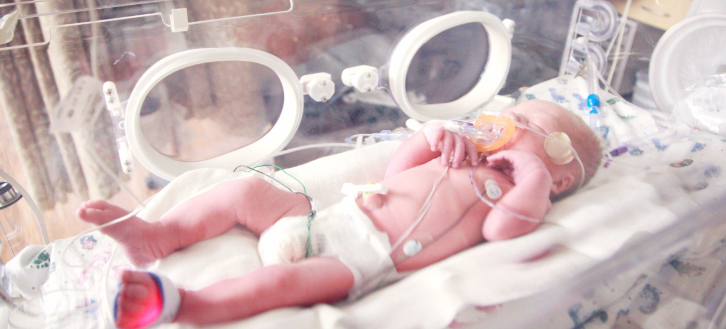WEDNESDAY, Feb. 8, 2023 (HealthDay News) — Magnetic resonance imaging (MRI) used at high intensity can detect clinically occult local recurrences (LRs) for musculoskeletal soft-tissue sarcoma (STS), according to a systematic review published online Jan. 26 in the American Journal of Roentgenology.
Natalia Gorelik, M.D., from the McGill University Health Center in Montreal, and colleagues examined the value of MRI-based surveillance for musculoskeletal STS represented by the proportion of LRs discovered by MRI versus clinically. Electronic databases were searched systematically through November 2022 for controlled trials and cohort studies on the use of MRI-based surveillance. Data were included for 19 studies; all were retrospective cohorts. In addition, the correlation of low- versus high-intensity surveillance on the proportion of LR detected on MRI was assessed.
There was a moderate and high risk for bias in 37 and 63 percent of studies, respectively. The researchers found that the pooled proportion of LRs detected on MRI was 53 and 6 percent with high- and low-intensity surveillance, respectively. Inconsistent results were seen between studies on comparison of LR characteristics detected on imaging versus clinically identified. In four studies, there were trends toward better survival for imaging-detected LRs or more frequent imaging use.
“When MRI is used at a high frequency, it may detect many clinically occult LRs. Trends toward improved survival with imaging-detected LRs or more frequent imaging use were reported in four studies,” the authors write. “However, the available evidence consists of small studies with occasionally inconsistent results and substantial risk of bias.”
Abstract/Full Text (subscription or payment may be required)
Copyright © 2023 HealthDay. All rights reserved.

















Create Post
Twitter/X Preview
Logout